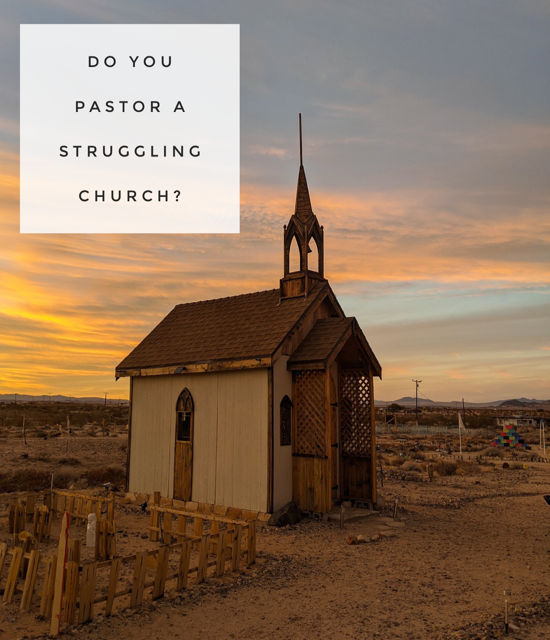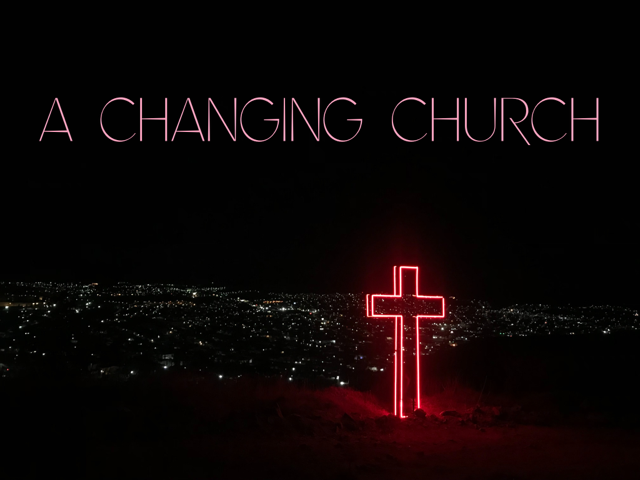
- Pastors want to be respected. Regardless of the size of the church or the budget, each man and woman desires to be treated with dignity. And they deserve it.
- Pastors want to know that they are making a difference. In the Movement, in the community and in the local church, they want to be assured that their work matters and is efficacious.
- Pastors want to be part of something bigger than themselves. They are not small thinking or selfish; they enjoy investing outside of themselves and their local churches.
- Pastors really do care about their flocks and they want to be the best shepherds they can possibly be. They are compassionate, servant leaders.
- Pastors are eager to secure new resources and gain new insights. Self-improvement and life-long learning is widely accepted and practiced.
- The vast majority of pastors want their churches to grow; they want to see more people won to the Lord and they want to make more disciples.
- Most pastors are very concerned about the future of the ministry and they want to prepare the next generation of Pastors and leaders. Some are concerned because this is not happening on a large enough scale.
- Most pastors have similar needs and desires: more committed people, additional resources (funds, time, volunteers), and more ministry progress.
- The vast majority of Pastors work hard to give their very best to the Lord and His Church, and take joy in doing so.
- Most (but not enough) Pastors prioritize their families as their first ministry.
I am basing my observations on this:
Over the last nearly 12 years, I have preached around 450 messages in around 400 churches. I’ve ministered primarily in 3 states but have also preached in around 12 others. I have preached mostly in Church of God churches but also in a few outside of our movement. I have met many Pastors, spent time in fellowship with them and their families, have visited in many homes and have developed close friendships with many. I humbly believe that I am in touch with the local Church and can speak to the state of many Pastors. I am grateful to serve as a Pastor to Pastors.
These local church Pastors are the unsung heroes of the Church.
Though the challenges of ministry are significant, and although there is immense pressure on today’s church leaders, they don’t want or need sympathy; they desire prayer support.
God sees and will reward faithfulness on the part of Pastors.
We love you, Pastor!


















